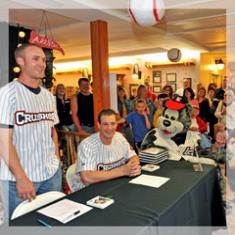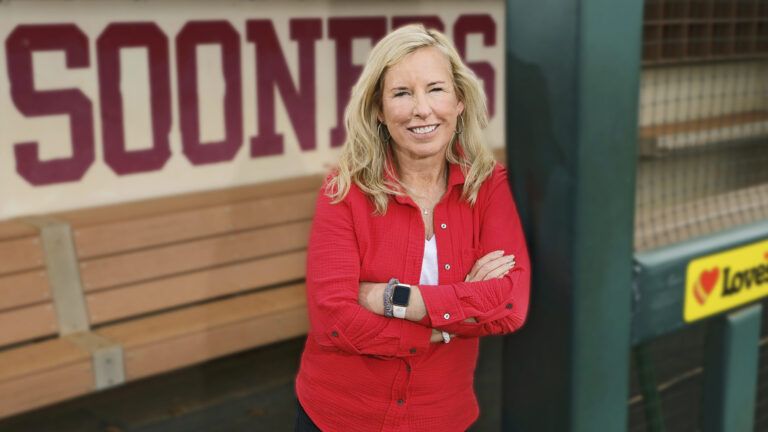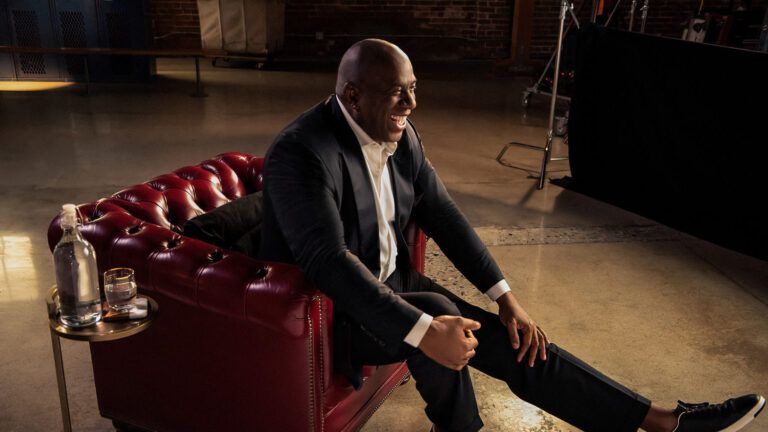The life of a minor league baseball player is a lonely one. Living in small towns far away from family and friends, the players chase a dream 90 percent will never realize.
The pressure, especially for a pitcher, is intense. You only play every fourth or fifth day so every game matters. Lose a game and the pain and doubts can linger for a long time.
Josh Faiola, pitcher for the Lake Erie Crushers, knows he faces the same long odds as the rest of his teammates. He’s suffered his share of setbacks.
After two years rehabilitating an injury, this past spring he was cut by the Baltimore Orioles. The Crushers may be his last chance to prove himself. But this summer Faiola will have plenty of support in the stands—his own personal cheering section, a rowdy throng of senior citizens.
Faiola, 25, became the fan favorite of The Belvedere assisted living facility in Westlake, Ohio, when the center took him in as his host family. Most of the Crushers players live with host families because they don’t earn enough to live on their own. But only Faiola lives with 32 grandparents!
For the center’s residents, Faiola’s arrival is the most exciting thing that’s happened since an Elvis impersonator visited a few years back.
“It’s great for all us old folks,” said Meta Dennis, 84, and a resident of the center for the last four years. “He’s brought us youth and a different outlook. He’s made a lot of us feel very lighthearted.”
But when the right-hander first learned he’d be resting his cleats at an assisted living facility he wasn’t so sure he’d like the arrangement. He wondered if maybe the team thought he still needed to recover from the arm injury he suffered two years ago, that they’d put him up at the center in case he needed physical therapy. But when the center’s owner, Cindy Griffiths-Novak, began describing his suite all concerns vanished.
“She started telling me about how I would have my own studio apartment with a queen-sized bed and a flat screen TV and I thought, Wow, that’s better than if I was in an apartment.”
But Faiola soon discovered that the biggest benefit of his new digs was the fanatic support of his neighbors. When he first walked through his new home’s front doors he was greeted by a 40-foot banner reading, “Welcome Josh. You’re a big hit at The Belvedere.”
Baseball piñatas hung throughout the center, along with posters meant to motivate him, such as, “Don’t get cut. Move your butt.”
As Faiola knows too well the poster’s sentiment isn’t an idle threat. A graduate of Dartmouth College, he was drafted in the 24th round by the Orioles in 2006.
Playing for the Rookie team he went 2-0, striking out 35 batters in 36 innings pitched. He was off to a nice start. Then he tore a muscle near his shoulder. It was two years before he was able to play again. This March, finally ready to renew his quest, he went to spring training with the Orioles. But he was released.
Without a team, he began searching for another opportunity. That’s when he discovered the Crushers, an independent team, unaffiliated with a major league club, that was just starting its first year.
Their players hope to play well enough to win another chance in a major league team’s farm system. The Crushers needed players; Faiola needed a team—for one last shot.
Meanwhile, Griffiths-Novak was following the new team in her local newspaper and saw that the team was looking for host families. It sounded like fun, but with children ages 3 and 4, it also seemed like more than she could take on. Then her husband said, “What about The Belvedere?” She put it up to a vote of the residents. They agreed unanimously.
“He’s only been here a couple of weeks and he’s already part of the family,” Griffiths-Novak said in mid-May. “There is so much enthusiasm and energy. The residents are over the moon.”
The team’s first game home game is June 2 and nearly every Belvedere resident is expected to be at the 5,000 seat stadium cheering their lungs out.
For Faiola, it’s not just the support but knowing who it’s coming from that makes all the difference.
“They’ve all been through things much more difficult than anything I’ve faced,” he said. “But there’s always a smile on their faces. Any time I have a tough day I can just go out and talk to one of them and it always cheers me up.”






